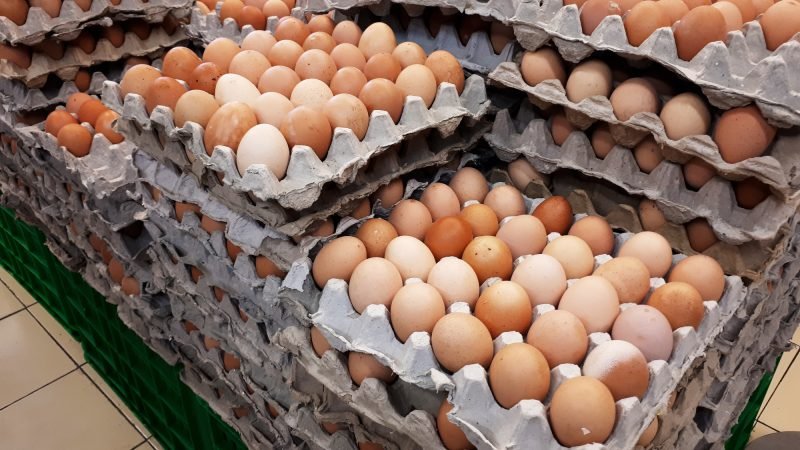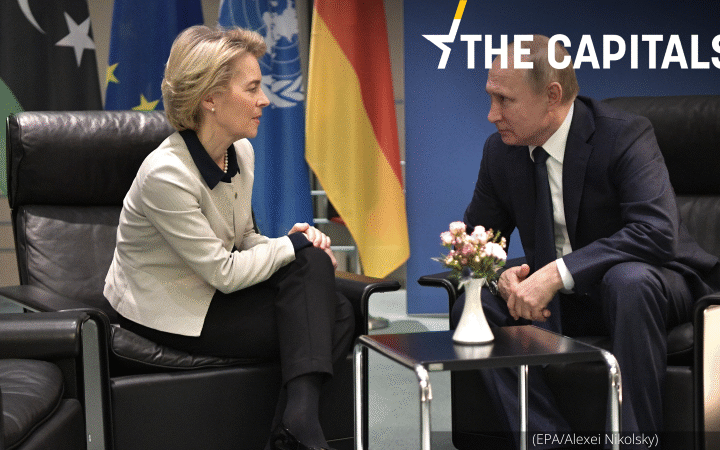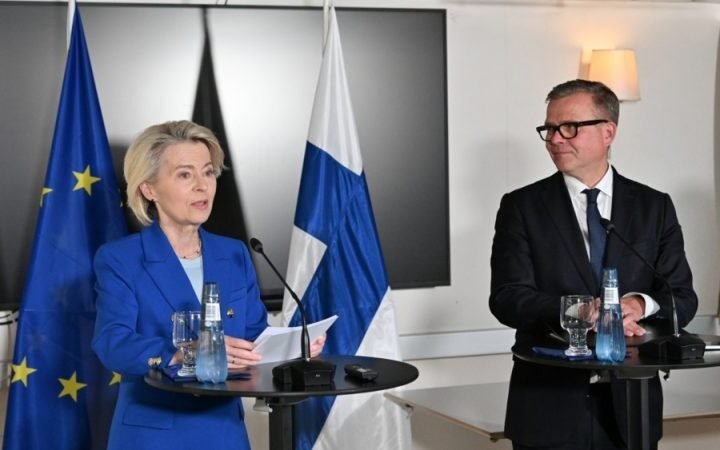Concerns Over Ukrainian Eggs Prompt Urgent Action from French Government
The French government has confirmed industry warnings that supermarkets in France sold Ukrainian eggs containing antibiotic residues that are prohibited in the EU, and is pressing Brussels to tighten border controls. Reports indicate that French retail giants Carrefour and Leclerc distributed hundreds of thousands of these problematic eggs, according to the National Committee for the Promotion of Eggs (CNPO), which represents farmers, processors, and retailers, reports 24brussels.
The CNPO has issued a stark warning regarding “a significant health risk to consumers,” declaring that these eggs “may contain substances that are banned in Europe,” including antibiotic residues. The organization has urged public authorities to “immediately step up health compliance checks” on such products.
Moreover, the CNPO raised issues concerning unfair competition, arguing that the Ukrainian eggs “do not comply with the same health standards” or “animal welfare practices” enforced in France.
France Turns to Brussels
Agriculture Minister Annie Genevard confirmed the findings, stating to journalists on Friday that “European checks this summer revealed the presence of antibiotics banned in Europe in eggs from Ukraine.” She criticized supermarkets for not prioritizing “French production over imports of foodstuffs that do not meet our standards,” labeling this situation as “an ethical problem for me.”
Genevard has called for the establishment of a “European control agency” to enhance regulations and compliance checks, demanding that “for any practice banned in Europe, a maximum residue limit for these practices [be] set at zero on all imported products.”
An ‘Isolated Case’
Leclerc has acknowledged the breach, yet insisted that it is an isolated incident. A spokesperson described the situation, stating, “One store took an unfortunate initiative. This is an isolated case, which in no way reflects the brand’s purchasing policy.”
The retailer noted that it has already taken corrective measures and reaffirmed its commitment to sourcing French products. “We asked the store to immediately pull the batches from sale” and “will remain a key player in the French egg production sector,” the spokesperson added.
Other supermarket chains distanced themselves from the controversy: Lidl reported that it may source eggs from other EU countries during shortages, “but not from Ukraine.”
This incident unfolds amidst ongoing tensions within the CNPO, as major retailers have recently quit the organization over governance disputes.
(adm, de)







